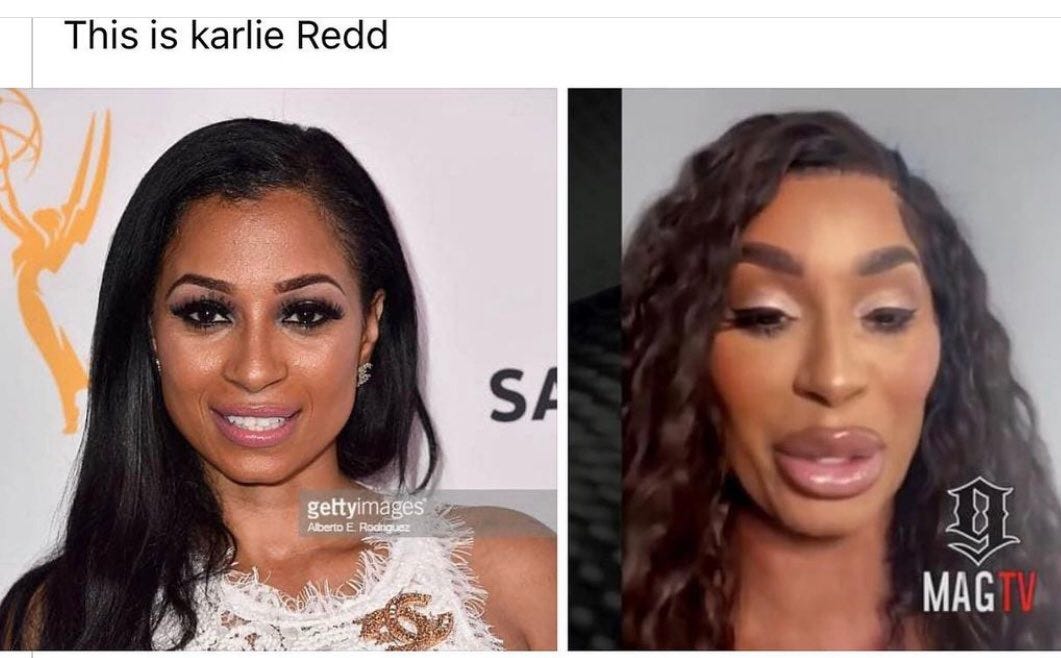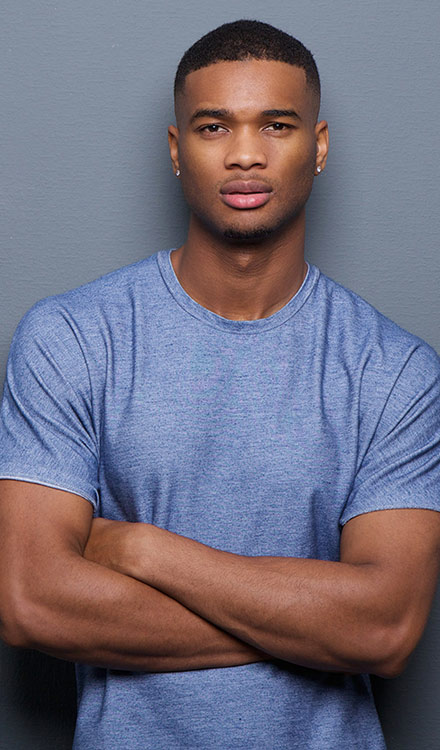Investigating the Mental and Social Variables That Drive Individuals to Take Into Consideration Aesthetic Surgical Treatment as a Means of Improvement
The decision to go after plastic surgery often expands beyond simple aesthetic appeals, intertwining with social and mental dynamics that warrant complete exam. Variables such as self-esteem, prevalent social beauty criteria, and the prevalent influence of social media merge to form specific inspirations for surgical enhancement. As these influences end up being increasingly popular, understanding the underlying psychological and social contexts is crucial. What stays to be discovered is the profound impact these factors have not just on individual identity yet also on broader societal standards and values bordering elegance and acceptance.
The Duty of Self-confidence
Self-worth dramatically influences an individual's decision to seek cosmetic surgical procedure. People with low self-confidence often view themselves in an adverse light, bring about feelings of inadequacy concerning their physical appearance. This negative self-perception can drive them to seek medical interventions as a method of boosting their self-image. The wish for renovation in one's appearance is often linked to a belief that such modifications will certainly elevate their total self-respect and self-confidence.

Inevitably, the function of self-worth in the decision-making process relating to cosmetic surgery highlights the complicated interplay in between body picture, individual satisfaction, and psychological health and wellness. Recognizing this partnership is crucial for healthcare specialists to make certain that individuals are making educated decisions rooted in reasonable expectations and emotional health.
Societal Beauty Criteria
Influenced by pervasive media representations and cultural stories, social charm standards play an essential function fit individuals' perceptions of their own bodies. These criteria are commonly defined by an idyllic form of elegance that highlights traits such as youthfulness, slimness, and balance. As these ideals are perpetuated via numerous networks, including advertising, television, and movie, people frequently internalize these messages, causing dissatisfaction with their all-natural appearance.
The ramifications of these societal standards prolong past visual preferences; they can affect self-worth, psychological health, and social connections. Individuals that perceive themselves as falling brief of these criteria may experience sensations of insufficiency, triggering a desire for plastic surgery as a way of achieving societal authorization. This pursuit is typically sustained by the idea that adjusting to these ideals will certainly boost not just physical appearance however additionally social standing and individual gratification.

Influence of Social Media
The influence of social appeal criteria is additional amplified by the increase of social media platforms, where curated pictures and idyllic depictions of charm are ubiquitous. Users are continuously subjected to filteringed system and modified photographs, which typically illustrate unattainable physical qualities. This direct exposure cultivates a culture of comparison, leading people to assess their own appearance against these frequently unrealistic criteria.
Social network influencers and celebrities regularly promote aesthetic procedures, stabilizing the notion that medical enhancements are a feasible ways for attaining societal ideals (plastic surgery rancho cucamonga). The visibility of these improvements can produce an assumption that going through cosmetic surgical treatment is a typical technique, therefore affecting individuals to think about similar treatments as a pathway to enhanced self-worth and social approval
Additionally, the interactive nature of social networks permits immediate feedback with sort and remarks, further enhancing the need to comply with preferred elegance requirements. Such communications can aggravate sensations of insufficiency and drive individuals towards plastic surgery as a means of getting validation. Eventually, social media plays an essential role in forming assumptions of elegance, which considerably affects the decision-making processes bordering plastic surgery.

Social Perspectives on Look
Throughout various cultures, assumptions of appearance are deeply rooted in historic, social, and economic contexts, forming people' sights on beauty and charm. In numerous societies, look acts as a substantial pen of identification, influencing social status, specialist chances, and personal relationships. As an example, in some cultures, light skin is typically associated with riches and opportunity, while others may glorify darker complexion as symbols of strength and credibility.
Furthermore, conventional appeal requirements are frequently perpetuated via social stories, media depictions, and household influences, bring about varying perfects across different areas (plastic surgery rancho cucamonga). In Western cultures, the focus on check this young people and fitness commonly drives people toward cosmetic improvement, while in particular Eastern societies, even more subtle changes lined up with traditional aesthetics might be favored
Globalization and the spreading of electronic media have actually even more made complex these dynamics, creating a hybridization of appeal suitables that transcends geographical borders. As people progressively browse these social narratives, the pressure to comply with particular look requirements can cause the need for plastic surgery, mirroring an intricate interaction of social worths and personal goals. Understanding these cultural viewpoints is crucial in dealing with the motivations behind cosmetic surgical treatment factors to consider.
Emotional Effects of Plastic Surgery
Several people looking for cosmetic surgery record experiencing extensive mental impacts that can substantially alter their self-perception and psychological well-being - plastic surgery rancho cucamonga. The wish for physical improvement usually comes from underlying problems such as low self-confidence, body dysmorphic condition, or societal pressures pertaining to elegance criteria. For some, the prompt post-operative phase can result in a short-term boost in self-esteem and contentment with their look, promoting a sense of published here empowerment
Nonetheless, these favorable sensations might not be withstanding. Research study indicates that while some clients experience enhanced self-esteem, others might face intense stress and anxiety or clinical depression if their expectations are not fulfilled. This inconsistency can develop from unrealistic suitables continued by media depiction and cultural stories bordering elegance.
Moreover, the mental ramifications of cosmetic surgical procedure prolong past the individual. Relationships with family and close friends may be stressed as social dynamics change, causing feelings of seclusion or alienation. Ultimately, the emotional effects of cosmetic surgical treatment are complex and multifaceted, needing cautious consideration by both prospective people and health care suppliers to make sure enlightened decision-making and reasonable expectations.
Verdict
In verdict, the decision to go after plastic surgery is significantly affected by a combination of self-worth concerns, social elegance requirements, and cultural viewpoints on appearance. The prevalent reach of social media sites better worsens these stress, advertising unrealistic ideals that people commonly strive to achieve. Recognizing these mental and social factors is important for attending to the inspirations behind plastic surgery, highlighting the demand for a more nuanced discussion bordering appeal and self-acceptance in contemporary culture.
The choice to seek cosmetic surgical treatment frequently prolongs past plain aesthetics, linking with social and emotional dynamics that warrant comprehensive assessment. Inevitably, social media plays a pivotal function in forming understandings of appeal, which dramatically impacts the decision-making procedures surrounding cosmetic surgical treatment.
As individuals increasingly navigate these cultural narratives, the pressure to adapt to particular appearance criteria can lead to the wish for cosmetic surgical procedure, mirroring a complex interplay of individual desires and cultural values.In conclusion, the choice to go after cosmetic surgical treatment is dramatically affected by a mix of self-confidence Going Here problems, societal charm criteria, and social viewpoints on look. Understanding these emotional and social factors is important for addressing the motivations behind cosmetic surgery, highlighting the need for an extra nuanced discussion bordering charm and self-acceptance in modern society.